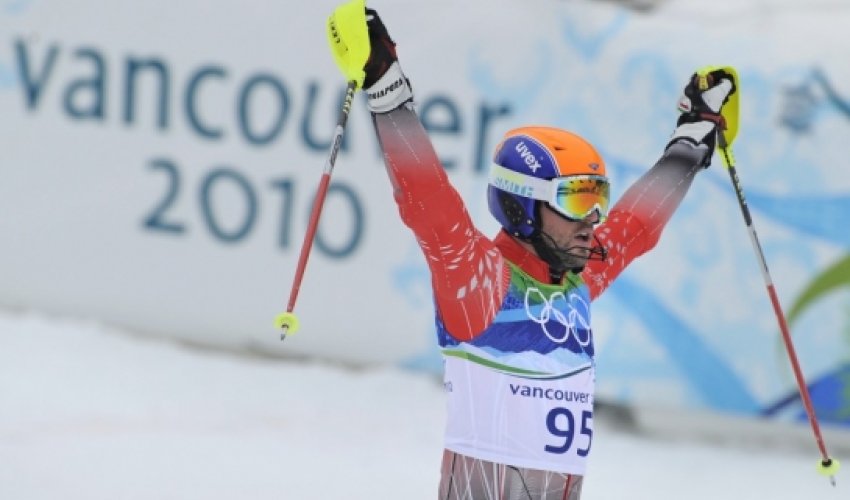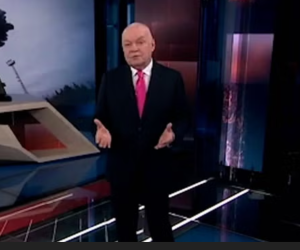Winter Olympics Under Threat From Climate Change

Researchers at Canada's University of Waterloo and Austria's Management Center Innsbruck say that if global warming continues at its current rate, only 10 of the previous 19 Winter Olympics host cities will be cold enough to reliably host the Games in the 2050s. By the end of the century, that number could drop to a dismal six. “The cultural legacy of the world’s celebration of winter sport is increasingly at risk,” said Professor Daniel Scott, a Canada Research Chair in Global Tourism and lead author of the study, per a media release. “Fewer and fewer traditional winter sports regions will be able to host a Olympic Winter Games in a warmer world.”Troublingly, even if the world takes steps to reduce carbon emissions and therefore lessen the impact of global warming in the coming years, the researchers said that the number of cities that could host the games in the middle and end of the century will still fall dramatically (see the infographic below). By the 2050s, at least four Winter Games venues -- including Sochi, this year's host city -- will be too warm to host the competition, even if active steps to curb global warming are taken.Scott told The Huffington Post that he and his colleagues looked at several indicators to determine a location's "climate reliability." Most crucially, they looked at whether or not the daily minimum temperature at a host city would remain below freezing (0 degrees Celcius or 32 degrees Fahrenheit) and whether or not the site could maintain a snowpack of at least 12 inches for alpine events (through both natural snowfall and snowmaking).If the daily minimum temperature remained above freezing at a particular location, snow and ice surfaces would not "have a chance to recover from greater daytime melt, creating soft and slow surfaces. Additionally, at these temperatures, snowmaking is not feasible to repair snow surfaces, and any precipitation is likely to fall as rain, further degrading ice and snow surfaces with even refrigerated ice degrading," the study says, adding that these conditions would not be "conducive to fair elite-level competitions." Moreover, Scott explained to the HuffPost, snow that is too soft "can also be dangerous for the athletes."Though the Winter Olympics was the focus of their study, the researchers insist that it's not just professional athletes who should be concerned by their findings. "There are also implications for the participation in outdoor winter sports in general," Scott told the HuffPost. Not only will winter sport hotspots like Vancouver and Chamonix soon be too warm to competitively ski or snowboard in, but beloved ski spots all over the world are heating up, too.In New England, for instance, more than half of the 103 ski resorts currently operating will not be economically viable by the 2040s due to snow shortages, according to Scott. "The remaining [locations] will be at higher elevations," he said. "This means that some people will have to drive further to go skiing -- and the question is, will people be willing to do that? Will we still have skiers if they don't have local hills to practice on?"Last year, 75 Winter Olympic medalists, including alpine skier Julia Mancuso and snowboarder Hannah Teter, wrote an open letter to President Barack Obama, urging him take action on climate change and clean energy. "As professional athletes, representing a community of 23 million winter sports enthusiasts, we’re witnessing climate change first-hand," the letter, part of the Protect Our Winters campaign, read. "Last year was the warmest year on record, and once again, we’re currently experiencing another winter season of inconsistent snow and questionable extremes. Without a doubt, winter is in trouble."(huffingtonpost.com)ANN.Az




































 Photo
Photo 



 Video
Video 

